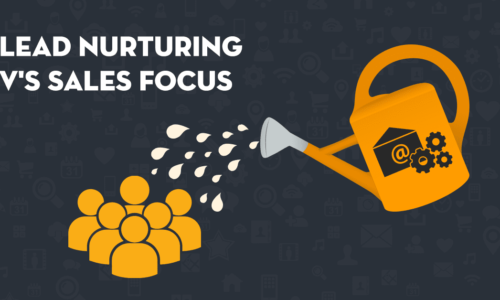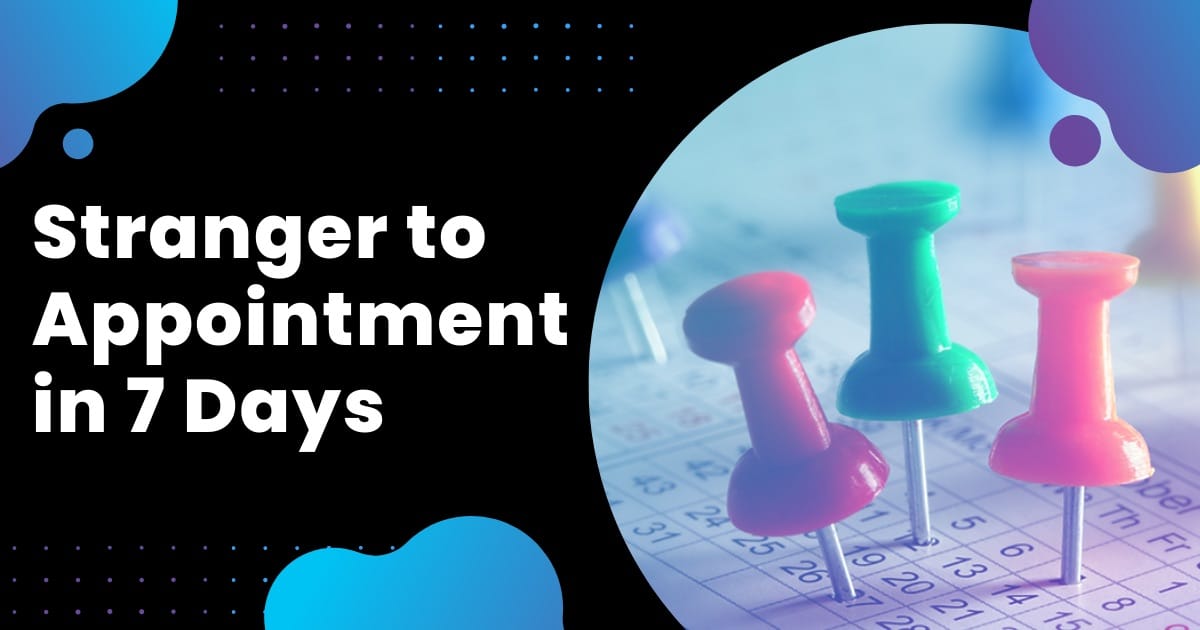I’m a heterosexual male and I like women, so does this mean if I was on the prowl I could walk into a bar and simply call out, “Ladies! All line up so I can tell you what is great about me and how one of you has the opportunity to get to know me better tonight,” and I would have my pick of the women in the bar?
Maybe there is someone out there that could pull this off, but I’m sure you realise this has a 0.00001% chance of working for most of us.
Realistically most people have set themselves a list of parameters for their ideal partner, e.g. blonde, slim to average build, etc., and when they approach someone that matches these parameters, they will (hopefully) have certain marketable attributes that appeal to this ideal partner.
This is Business Marketing 101 and this list of parameters as it applies in business is what constitutes a buyer persona.
What is a Buyer Persona
A buyer persona is an archetype of someone in your target market that has a need that your product or service provides a solution to. Actionable buyer personas reveal insights about your buyers’ decisions — the specific attitudes, objections and criteria that drive potential customers’ decisions to buy from you or your competitor.
A buyer persona is not simply a description of your buyer. Profiling your existing buyers would result in a multitude of personas and provide no real guide to your marketing.
A buyer persona is often a one page document that you can refer to as you are putting together any piece of marketing to decide what impact that would have on “Joe the Tradie” or “Sally the Accountant” and how it moves that individual from one point to another in your buyer journey.
Why Do You Need to Define Buyer Personas for Your Business?
The biggest mistake you can make is trying to appeal to everyone! When you try and appeal to everyone, it means that you’re not going to have a strong enough message or a strong enough identity. While you might have a better chance of selling to the widest possible audience by not alienating anyone, you’re also not going to appeal to anyone enough to create those ‘true fans’ that are 100% behind your brand and that can make all the difference for your sales, visibility and success.
This is why you need to come up with your buyer persona and this will then inform your lead generation. By categorising potential leads by their age, location, sex, income, interests, etc. you will be able to target a specific type of person with your branding and marketing who is already more likely to become a warm lead.
With a well-defined buyer persona, you will be able to:
- Better identify the appropriate marketing channels and how to target potential leads
- Minimise wasted marketing dollars,
- Create a more defined message-to-market match,
- Properly address the benefits of your product/service and likely objections, and
- Increase the likelihood of conversions.
If you sell wedding dresses, then you’re going to want to target women who are engaged. Moreover, you’re going to want to target women who have roughly your budget to spend and who like the style of dress you’re creating – whether that’s very traditional, whether it’s ‘princess’ like or whether it’s shabby chic. You’re going to have a very hard time if you insist on trying to make a married man who hates spending money into your warm lead for a wedding dress!
Likewise, you’ll find it’s much easier to embrace your ‘shabby chic’ style and be the number one wedding dress maker for that design, rather than watering down your message and appealing to everyone. By committing to your vision, you’ll have more passionate followers and you’ll have a more specific niche that you can market to (meaning you’ll have more specific places to market yourself as well!).
How To Define Your Buyer Persona
Once you know exactly who your audience is then, you need to profile them and create a ‘buyer persona’. This is a fictional biography informed by your mission statement as well as market research and that will give you an exact market and also help you know precisely where and how to market to those people. You can then think about how to reach those people, how to inspire those people and how to show them that your brand is for them.
The first step in defining your buyer persona is gathering demographic information. This can include their income, occupation, interests, gender, level of education, and where they live. Demographic information doesn’t tell you everything about your buyer persona, but it’s a good starting point.
Next, find out what problems your ideal customer is experiencing. What challenges are they facing and what results would they like to achieve? Find out what your buyer values in order to make a deeper connection.
One of the best ways to find information about your buyer persona is to interview your previous customers. You can learn exactly how they express their problems and goals, as well as the specific things you did right to overcome objections to the sale.
If you don’t have time to interview, try a using a questionnaire. You can use a free online service like SurveyMonkey or set the questions up in a form on your website.
The goal of developing your buyer persona (and yes you can have multiple buyer personas), is to get it done. It does not have to be perfect from day one – it can evolve and become more refined – but having something gives your marketing direction.
You can start thinking what do you need to help make your buyer persona do business with you, what is stopping them from considering you and what it will take to tip them across the line.
Click to download our Buyer Persona Template










